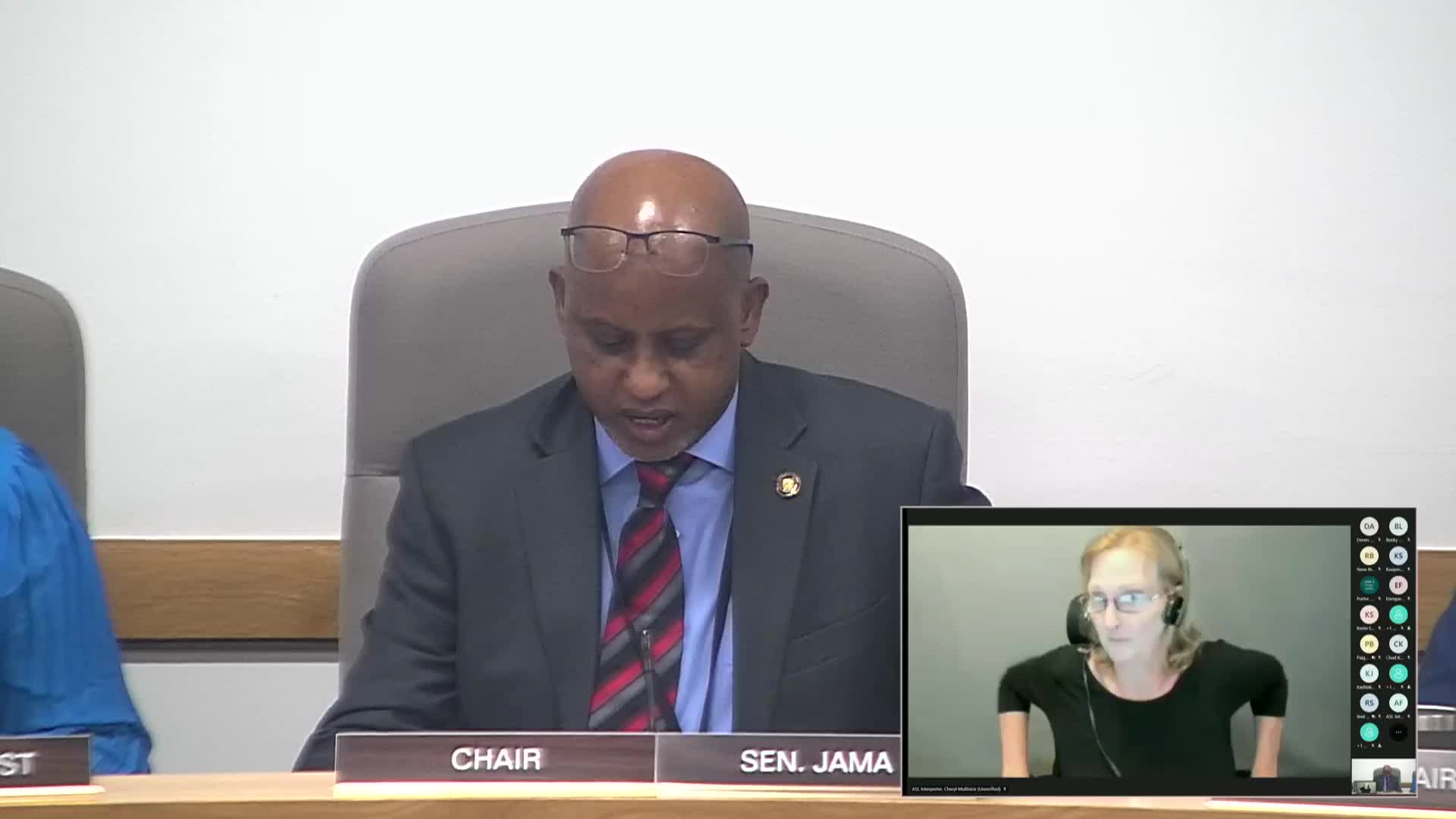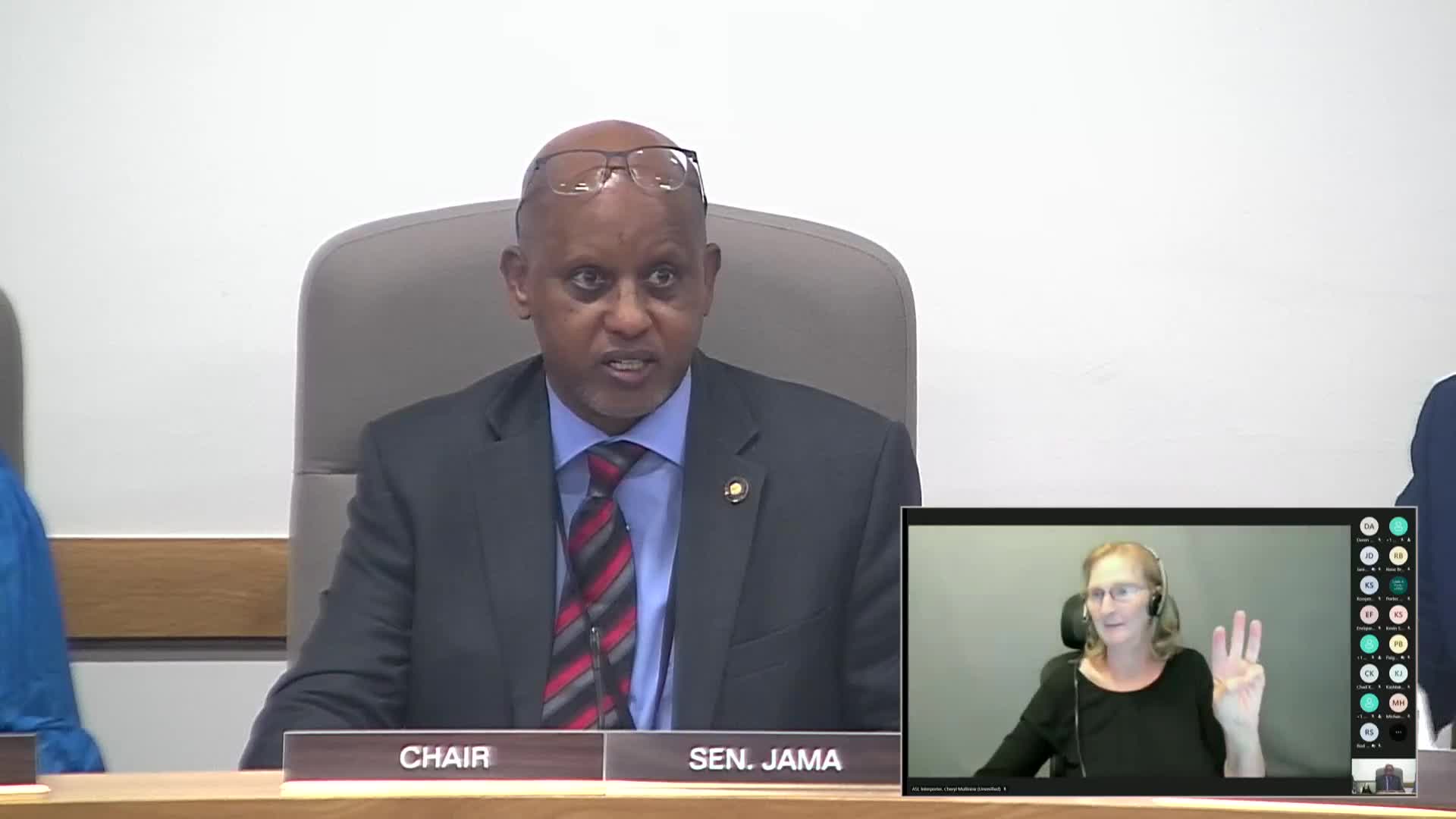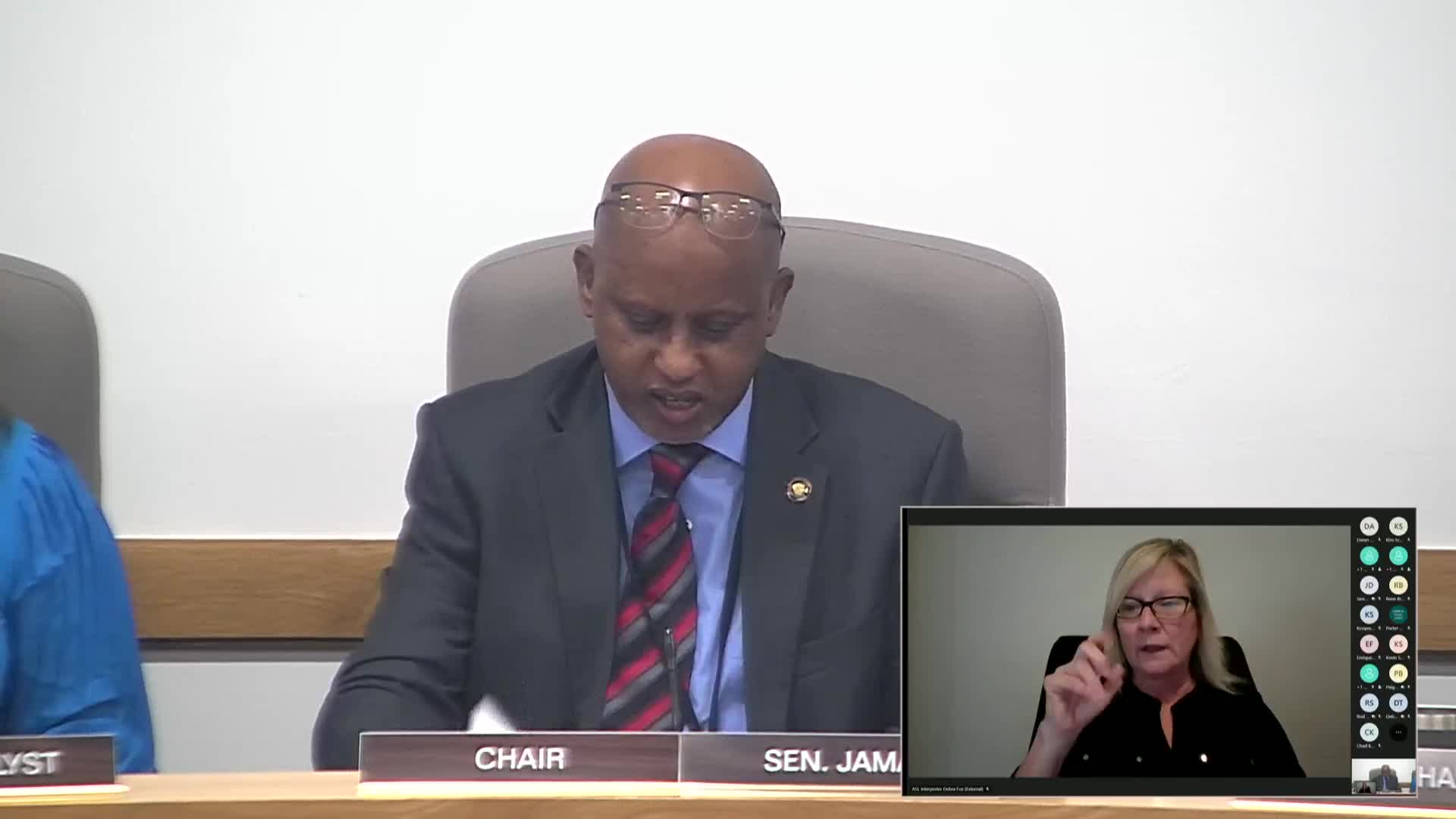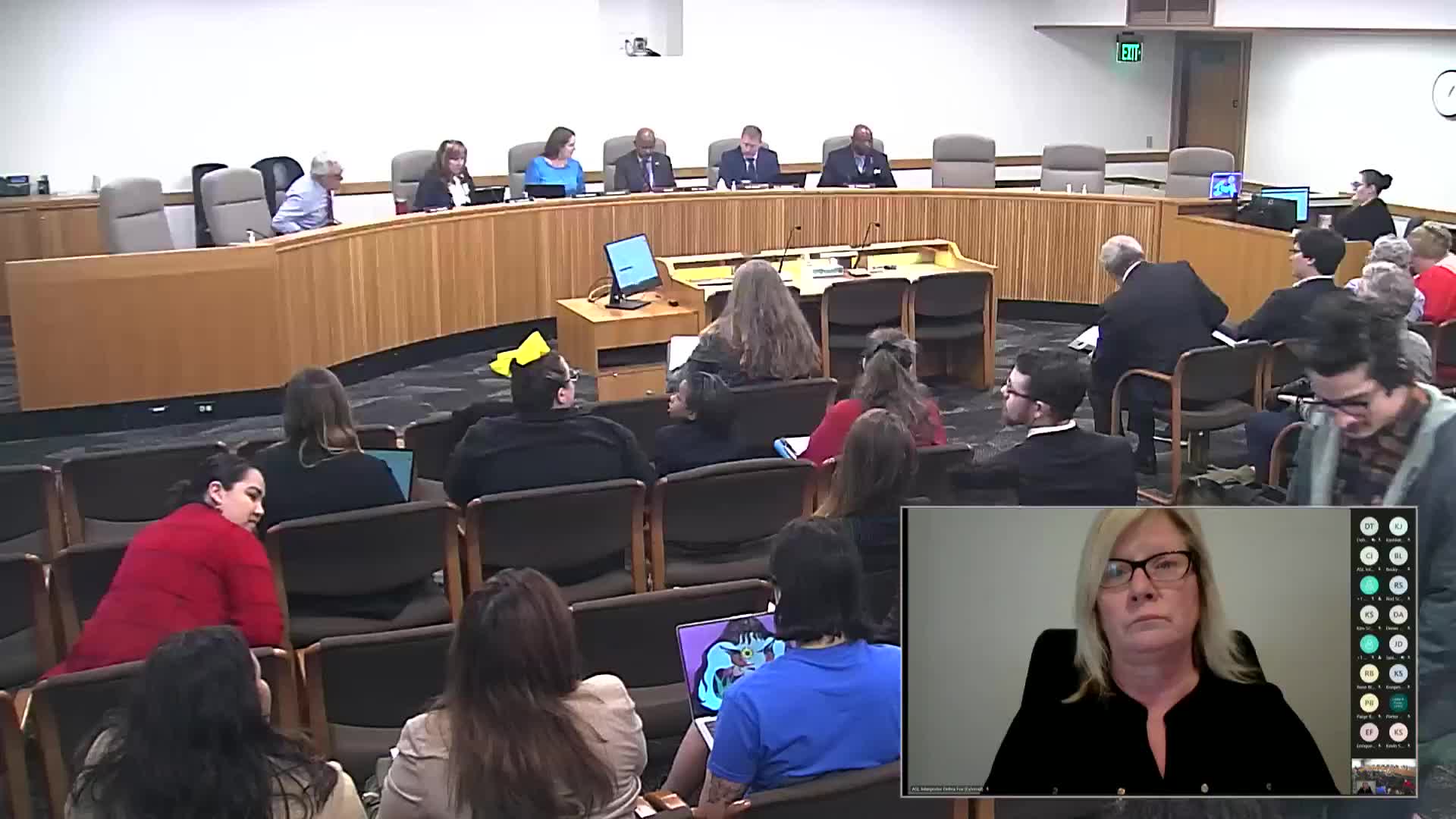Article not found
This article is no longer available. But don't worry—we've gathered other articles that discuss the same topic.

Heated public hearing on SB 2 10: sponsors seek voter referral to require in‑person election day voting and photo ID; hundreds testified

Senate Bill 1046 would expand automatic voter registration to hunting and fishing license transactions

Senate Bill 1014 would let political parties submit translated party statements to state voters pamphlet

